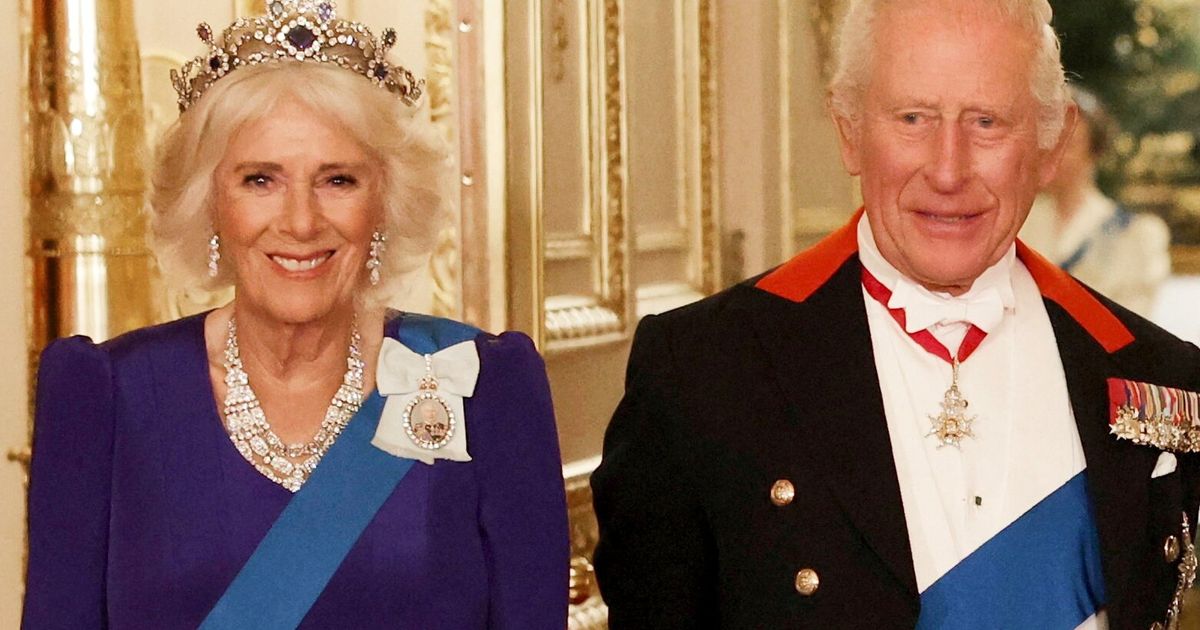"The Salt Path" is a best-selling memoir and major film. And now, an investigation by The Observer has revealed several of the central claims in the story are false, and the reality includes accusations of criminal conduct. The World's Host Carolyn Beeler spoke with the director of the Oxford Center for Life Writing about the expectation of truth in memoirs — and when creative license crosses the line. The post Accusations of falsehoods in popular memoir “The Salt Path” stoke controversy appeared first on The World from PRX.
“The Salt Path,” the best-selling memoir by Raynor Winn, has become deeply divisive in the UK following an investigation that alleged much of the story that’s contained in it is not true.
The memoir — recently adapted into a film that is currently in theaters — tells the personal story of Winn and her husband trekking 630 miles along the Salt Path, a trail that runs along the southwest of the UK. According to Winn, the couple made this trek after losing their home to a failed investment and after her husband was diagnosed with a terminal brain illness.
But in an expose published last week, the British outlet The Observer says those claims are exaggerated and doubtful; the story alleges Winn and her husband lost their home after she embezzled money from her employer, and includes skepticism from medical experts about whether her husband, who is still alive, would be at his current level of health if the diagnosis was accurate.
Winn, who has since published two sequels to “The Salt Path,” has denied some of the claims. Her publisher did not respond to a request from The World for comment.
Elleke Boehmer, director of the Oxford Center for Life Writing, said the reaction in the UK to the allegations has been widespread.
“It’s been extraordinary and ferocious. I mean, just anecdotally when I was on a run yesterday, several fellow runners were talking about it, my book group is talking about it,” she told The World’s Host Carolyn Beeler. “Many, many other readers seem to be really impacted by this story and are filled with a kind of shock and a kind of disgust really that the wool has been pulled over their eyes.”
The claim that memoir makes … [is that] it’s kind of made up, but this was very likely to have been the case. But [“The Salt Path” is] different. There’s been actual factual claims that don’t seem to stand up.
A memoir sets up a kind of contract of trust between writer and reader. The writer has a story to tell that they want to share with readers because it is a true story of something important, and resonant, which they feel readers will want to [be shared] with them. So, it’s really important to that contract the story is true.
This interview has been lightly edited and condensed for clarity.
The post Accusations of falsehoods in popular memoir “The Salt Path” stoke controversy appeared first on The World from PRX.










